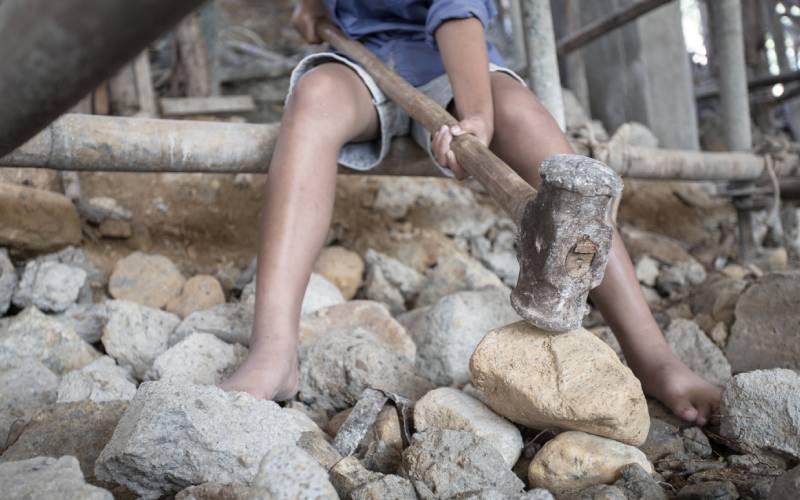×
The Standard e-Paper
Home To Bold Columnists

Kenyan leaders must take urgent action on child labour, in all its forms and all places it occurs.
Child labour is a serious violation of children’s rights, and despite decades of improvement, it is on the rise again.